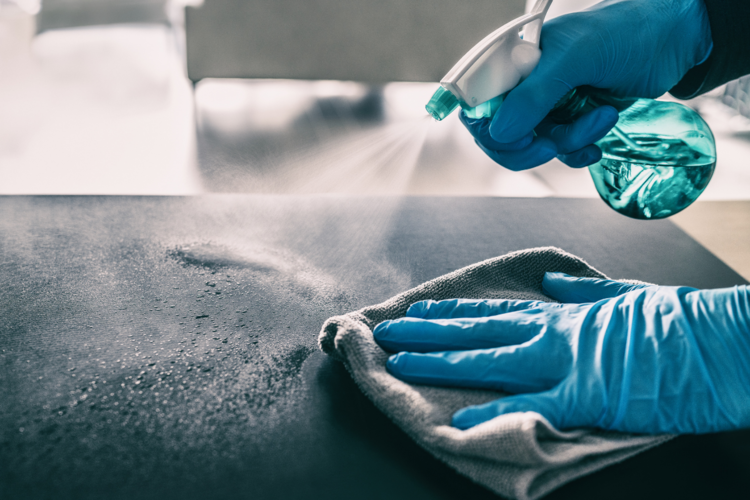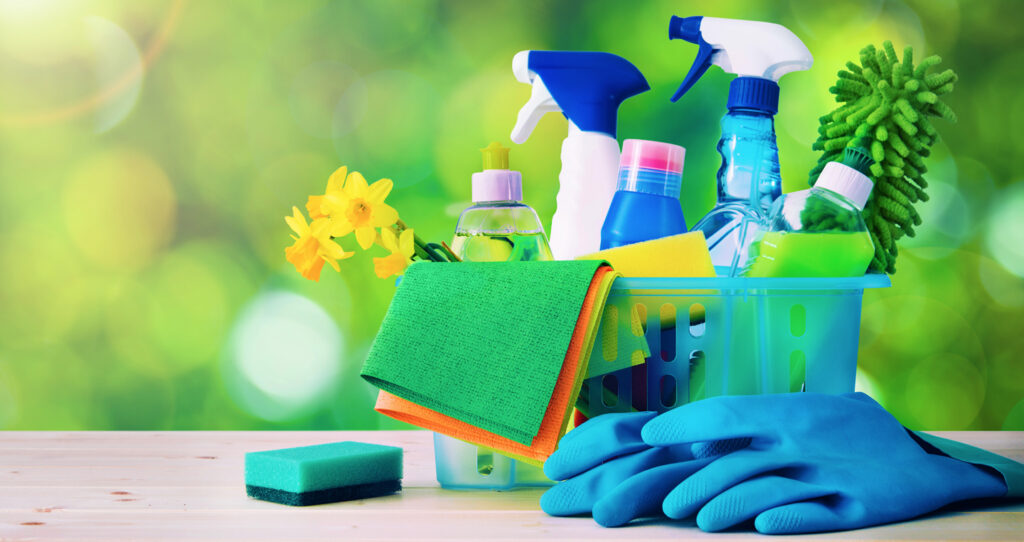An Overview of Mildew Vs Mold and How to Prevent Both
It’s important to understand the difference between mildew and mold. Both can cause damage to your home, but knowing how they differ from each other is key in both avoiding issues and dealing with one that may already exist. In this guide, we’ll discuss what exactly sets mildew and mold apart; their different signs and symptoms; methods of preventing them as well as ways of removing it should they arise. This comprehensive knowledge can help you keep on top of any potential problems before they become serious issues—so whether you’re a marketer or a homeowner, read on to get all the facts you need on mildew vs mold!

What is Mildew and How Does it Differ from Mold
Mildew and mold are two common household problems that are often mistaken for one another. Mildew, specifically, is a type of fungus that typically grows on damp surfaces or in areas with high humidity. Unlike mold, mildew is typically white or gray and has a powdery or fluffy appearance. While mildew may not be as harmful as mold, it can still cause health problems if left untreated. To prevent mildew growth, it’s important to keep your home well-ventilated, minimize moisture, and regularly clean areas prone to mildew growth, such as showers and bathroom walls.
Types of Mildew and Their Causes
Mildew, a common fungal growth, is often found in damp areas, including bathrooms, kitchens, and basements. Different types of mildew exist, including downy mildew, white powdery mildew, and gray mold. Downy mildew, caused by oomycetes, typically appears as a yellowish-green growth on the underside of leaves. White powdery mildew, on the other hand, appears as a fine white powder on plants and can be caused by a variety of fungi. Gray mold, brought on by Botrytis cinereal, is a type of mildew that is commonly seen in fruits and vegetables. Understanding the different types of mildew and their causes can help you prevent their growth and keep your home and plants healthy.
Health Concerns Related to Mildew and Mold
Mold and mildew are more than just unsightly growths in your home, they pose several health concerns if left untreated. The spores released by these molds can trigger a variety of respiratory problems, particularly in people with allergies or asthma. In addition, prolonged exposure to mold spores can lead to skin irritation, headaches, fatigue, and even depression. It’s important to address any mold or mildew growth in your home as soon as possible to protect your health and the health of your family. Proper ventilation and moisture control are key in preventing mold growth, but if you do notice any growth, it’s best to call in a professional mold removal to address the problem.
Using Professional Services to Remove Mold & Mildew
When it comes to mold and mildew, it’s important to trust the professionals for their removal. These pesky fungi not only create an unpleasant odor but can also pose health risks to individuals living in the affected space. Professional cleaning services have the expertise and equipment needed to safely remove mold and mildew, as well as prevent them from returning. They use specialized cleaning solutions and follow strict protocols to ensure every nook and cranny is rid of these unwanted guests.

Natural Remedies for Mildew and Mold Control
Mildew and mold may seem like harmless additions to our environment, but the truth is, they pose a serious threat to our health. They are known to trigger allergies, cause respiratory problems, and worsen existing conditions such as asthma. Often, we resort to using harsh chemicals to eliminate them. However, there are natural alternatives that are just as effective. One example is vinegar, a common household item that is highly acidic and has antimicrobial properties. Another is tea tree oil, a powerful essential oil that can kill mold and mildew.
In conclusion, it is important to note the differences between mildew and mold, their causes, and the related health concerns. Taking proactive measures such as regular cleaning and the implementation of moisture control and ventilation standards can help to prevent mildew and mold growth. When it comes to removal services, seeking a professional team can prove to be more effective than natural remedies in some cases due to their advanced equipment as well as expertise.
https://www.google.com/maps?cid=10151150025315256924



